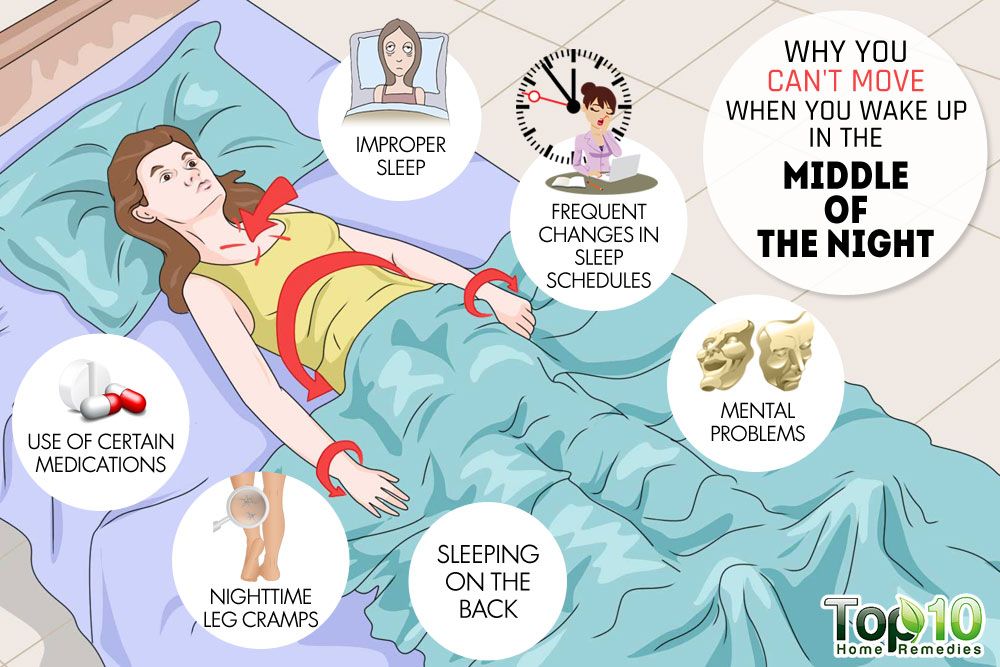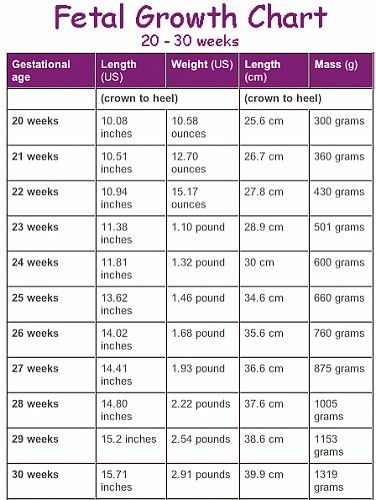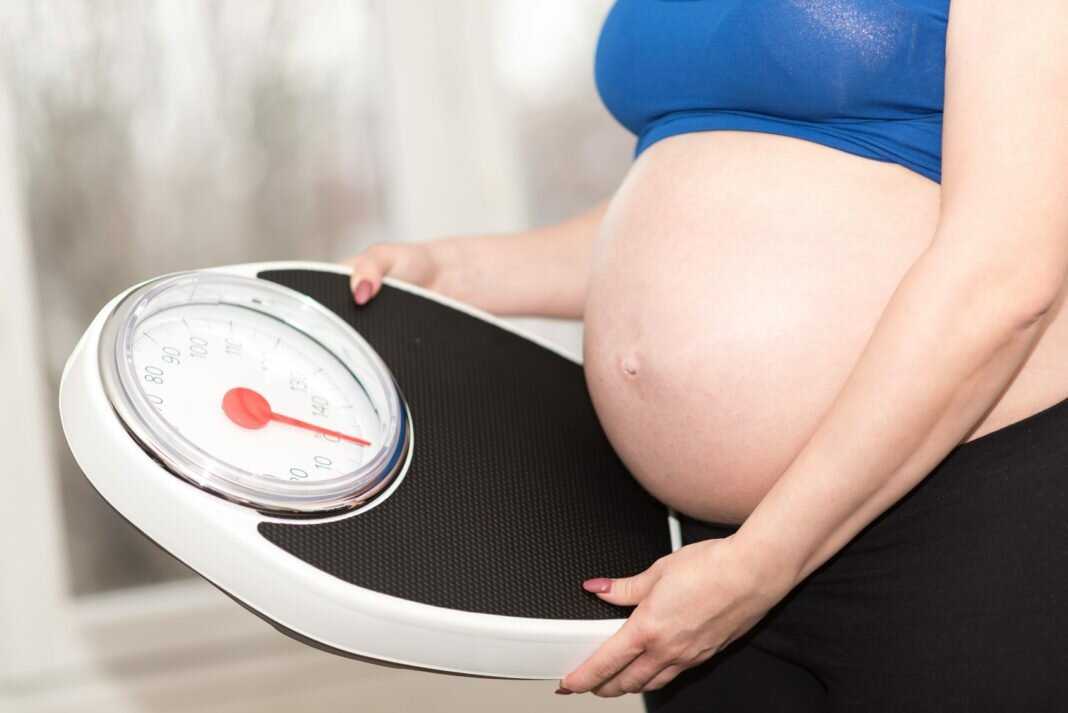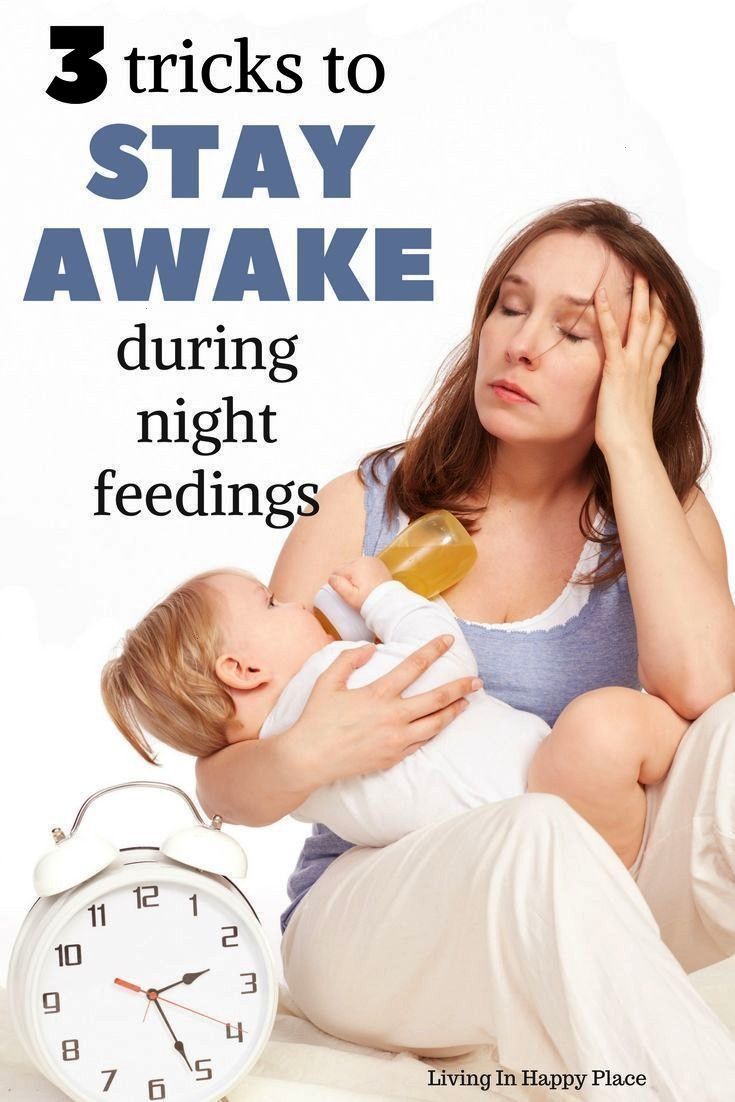Baby grunts after feeding at night
Newborn Grunting: Why Is This Happening?
Is it normal?
It may sound strange to you, but the occasional grunts coming from your newborn are perfectly normal.
As a new parent, you listen to every little sound and movement your baby makes. Most of the time, your newborn’s gurgling noises and squirms seem so sweet and helpless. But when they grunt, you may begin to worry that they’re in pain or need help.
Newborn grunting is usually related to digestion. Your baby is simply getting used to mother’s milk or formula. They may have gas or pressure in their stomach that makes them feel uncomfortable, and they haven’t learned yet how to move things through.
While most grunting is normal, if your baby is grunting with every breath, has a fever, or appears to be in distress, see your doctor.
This grunting may be a sign of a more serious respiratory problem and needs immediate attention.
The cause of newborn grunting
When your baby grunts, it usually means they’re learning how to have a bowel movement. They haven’t yet figured out how to relax the pelvic floor while also using abdominal pressure to move stool and gas through their system. Their abdominal muscles are weak, and they must bear down with their diaphragm against their closed voice box (glottis). This leads to a grunting noise.
They will grunt until they can figure it out, so it may take a few months for your newborn to produce a bowel movement or pass gas without grunting. Some people call this grunting baby syndrome (GBS). Rest assured, it’s fairly common and rarely a sign of something serious.
Babies may also look like they’re straining, and a newborn’s head may turn purple or red in color. This may last for several minutes, according to an article in the Journal of Pediatric Gastroenterology and Nutrition (JPGN).
This shouldn’t be confused with constipation. Your newborn’s system is working correctly to produce excrement. Your baby just hasn’t figured out how to move it through. While the grunting is unpleasant, your newborn simply needs to get used to its new world.
The remedies
You should confirm with your doctor that your baby’s grunting is normal.
If your grunting baby is simply learning how to have a bowel movement, the only true cure is for your newborn to learn how to relax their anus while pushing with their abdomen. This is something your baby will learn with time through trial and error.
Some doctors recommend that parents help their newborn by providing anal stimulation. This involves use of an anal thermometer or a piece of cotton to help stimulate the bowel. While this method usually works to help your baby have a bowel movement, it may have negative side effects in the long run. Your baby may eventually become dependent on this method to have a bowel movement. According to JPGN, repeated use of this method will delay your infant’s ability to learn the correct process for passing stool.
In most cases, the grunting starts in the first months of life and resolves on its own after a few weeks. Every baby is different.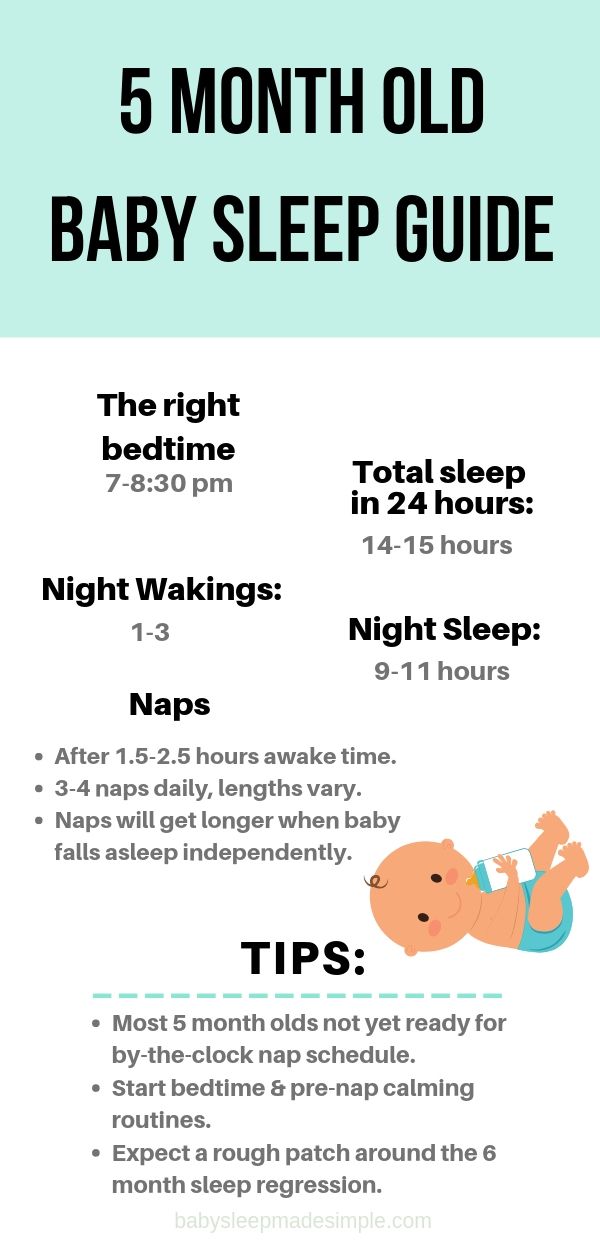 It all depends on how long it takes for your newborn to master the coordination of its bowel movements.
It all depends on how long it takes for your newborn to master the coordination of its bowel movements.
When to be concerned
The grunting of a healthy child learning how to deal with digestion is different from the grunting of a sick baby.
Grunting with every breath is never normal. Grunting at the end of every breath could be a sign of respiratory distress.
If your baby is grunting often and also has other signs of illness, such as a fever, or appears to be in distress, see your doctor. This could be a sign of a serious medical condition and requires immediate attention.
Grunting with breathing could be a sign of:
- asthma
- pneumonia
- sepsis
- meningitis
- heart failure (which causes fluid to build up in the lungs and a shortness of breath)
Check for other signs of respiratory distress or illness to determine if your baby’s grunts are normal or a sign of another problem. Other signs of respiratory problems include:
- blue tongue or skin
- weight loss
- fever
- lethargy
- nasal flaring
- pauses in breathing
The takeaway
Watching and hearing your baby struggle may be difficult, but in the end, it’s important to let them figure it out on their own.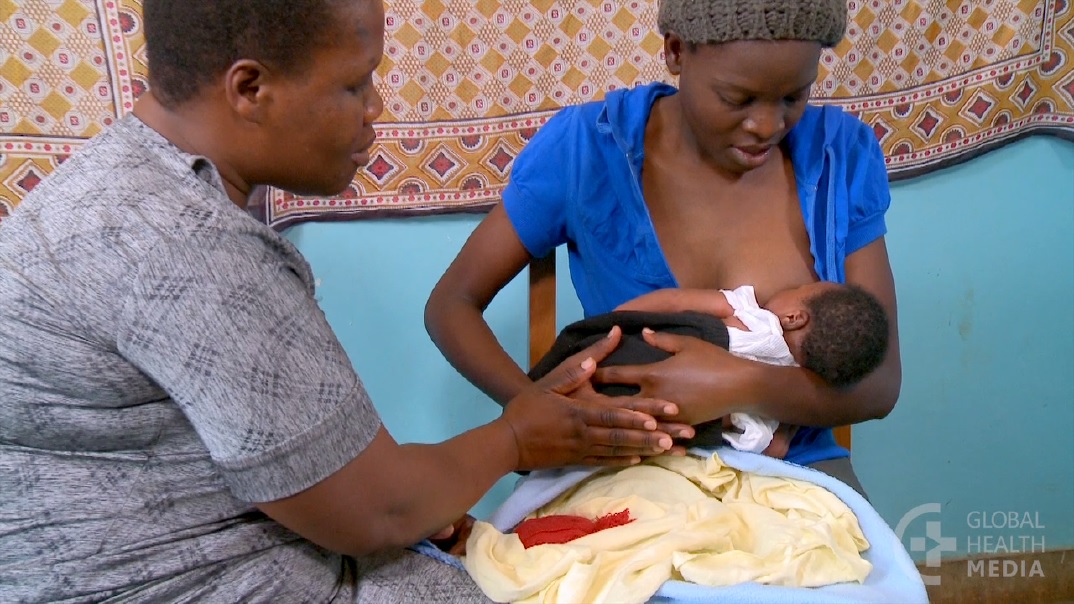
Grunting may seem a little scary, but it usually serves a very useful and healthy purpose for your baby. If your baby is healthy, active, appears happy, and is eating well, grunting is rarely a sign of illness.
See your doctor for a checkup if you have questions or concerns about your grunting baby.
And treat grunting with every breath as a medical emergency.
Baby Grunting in Sleep and Other Sleep Sounds Explained – Happiest Baby
By Happiest Baby Staff
On This Page
- Why is my baby making sounds while sleeping?
- Baby Grunting and Other Typical Newborn Sleep Sounds
- Breathing Sounds: Typical Sounds Newborns Make
- When to Worry About Baby Grunting and Other Sleep Sounds
- When Typical Baby Grunting and Other Sleep Sounds Keep You Awake
- When do babies sleep sounds stop?
Surprise: “Sleeping like a baby” sounds a lot like a stuffed-up grandpa taking a noisy midday snooze in the recliner! The truth is, babies make lots of weird noises while sleeping. In fact, experts confirm that newborn sleep is, indeed, not at all quiet. And while there are many totally normal baby sleep sounds that require not an ounce of worry...some baby grunting, whistling, and gurgling noises can be cause for concern. The trick? Knowing which baby sleep sounds and grunts are which. Here’s help!
In fact, experts confirm that newborn sleep is, indeed, not at all quiet. And while there are many totally normal baby sleep sounds that require not an ounce of worry...some baby grunting, whistling, and gurgling noises can be cause for concern. The trick? Knowing which baby sleep sounds and grunts are which. Here’s help!
A few nights of snoozing next to your baby might leave you wondering: Why is my newborn such a noisy sleeper? It turns out, there’s a lot of biology to blame.
-
Babies breathe out their noses. Up until your baby reaches 3 to 4 months old, they only breathe through their nose. And since their nasal passages are so teeny, it only takes small bits of mucus, breastmilk, or formula to migrate to the back of your baby’s small nasal passages, causing all sorts of congested-related sleep noises. (PS: This is why newborn congestion is common even when your baby doesn’t have a cold.
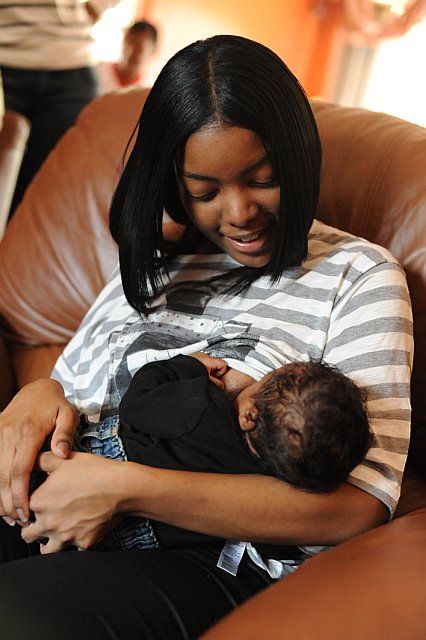 )
) -
They’re still developing. Since your newborn’s respiratory and digestive systems aren’t fully developed yet, they’re both working extra hard to get their jobs done. And with all that extra work, comes extra sleep sounds, too. For instance, since babies are just learning how to regulate their breathing, you’ll likely overhear brief periods when their breathing speeds up or slows down when they’re snoozing.
-
Babies are noisy poopers. Babies are not yet adept at relaxing their pelvic floor or using their tummy muscles to help move their bowels quietly. The result: Noisy grunting and straining when Baby has to make a number two! Though this is sometimes dubbed grunting baby syndrome, it’s totally normal and nothing to worry about.
-
Babies experience many sleep transitions. Newborn babies cycle through just sleep stages—REM sleep (aka “active sleep”) and NREM “quiet sleep”—every 45 to 50 minutes.
 Once your baby reaches 3 to 4 months old, those two sleep stages turn into four.…which is how many sleep stages adults have. Even still, your little one’s sleep cycle—the full circuit from light to deep to light NREM sleep, plus a bit of REM—still lasts less than 60 minutes. So that means about every hour your sweet pea will enter a light sleep, making them more prone to moving around, briefly waking, and making short moans or squawks.
Once your baby reaches 3 to 4 months old, those two sleep stages turn into four.…which is how many sleep stages adults have. Even still, your little one’s sleep cycle—the full circuit from light to deep to light NREM sleep, plus a bit of REM—still lasts less than 60 minutes. So that means about every hour your sweet pea will enter a light sleep, making them more prone to moving around, briefly waking, and making short moans or squawks. -
Babies spend a lot of time in active sleep. Forty to 50% of your baby’s sleepytime is in memory-boosting REM sleep. (Meanwhile, grownups spend a mere 15% of their ZZZs lulling in REM.) REM sleep is a lighter sleep where babies are in a more active sleep state. That means your little one’s sleep will be marked by eye-fluttering, an elevated heart rate, wiggles, squirmies, and outbursts of various noises, like cries, whines, and whimpers.
-
Babies are hungry a lot. Babies aren’t exactly subtle about their hunger…even when they’re dozing! That means you might hear your little one make rooting noises, like lip-smacking and suckling, when asleep in the bassinet.
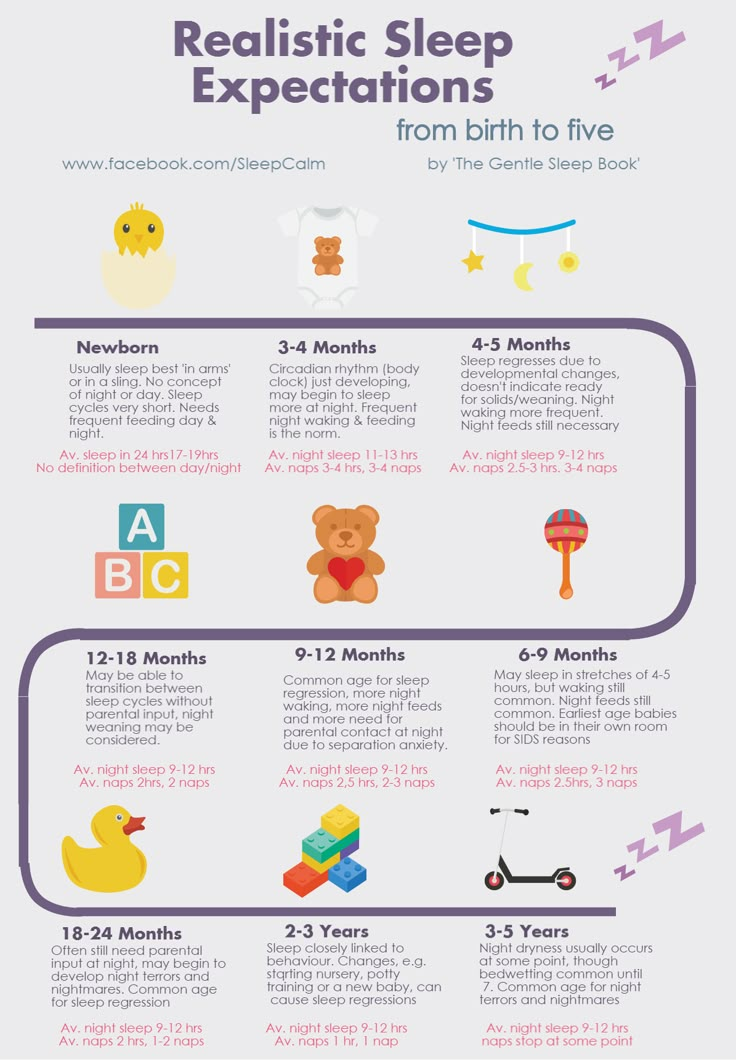 Since these sounds may be a sign that your little one will wake up hungry soon, you may want to preemptively feed your noisy sleeper.
Since these sounds may be a sign that your little one will wake up hungry soon, you may want to preemptively feed your noisy sleeper.
Some typical sounds that baby will make while sleeping you might hear—and the reasons behind them—include:
-
Whistling and rattling: Thanks to your newborn’s narrow nasal passage, whistling can go hand-in-hand with each inhale.
-
Snorting: This is also associated with congestion and tends to occur when your newborn is in deep sleep. (Snorting, whistling, and rattling sleep sounds often calm down by the time your baby reaches about 6 months old.)
-
Gurgling: Babies don’t yet reflexively swallow all of their saliva, so when it pools at the back of their mouth and air passes through, you’ll hear gurgling sounds while your baby sleeps.
-
Hiccupping: It’s thought that newborns and infants are especially prone to hiccupping in their sleep thanks to gulping air during their last feed before bedtime.
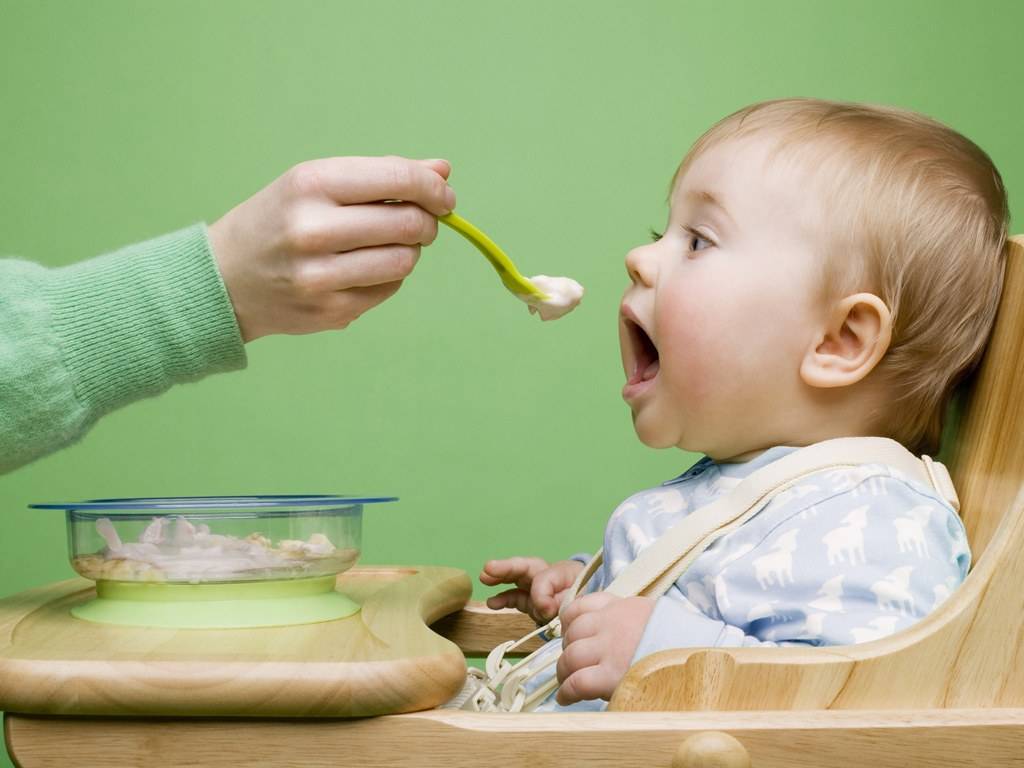
-
Whimpering, crying, groaning: If your little one momentarily cries or whimpers while sleeping, it’s likely just a sign that they’re transitioning from light sleep to deep sleep.
-
Rumbling, burping, passing gas: Your infant’s only jobs right now are eating, pooping, and sleeping, which means that their developing digestive system is getting an around-the-clock workout—including during sleepy time.
-
Baby grunting: When your baby grunts while sleeping, it often means that they’re adjusting to having bowel movements. Newbies are still getting used to using their abdominal muscles to move poop and gas through their system. (There are times, however, when newborn grunting during sleep could be worrisome. More on that below.)
-
Lip-smacking: Is your newborn dreaming of a feed? Maybe! It’s quite common to hear lip-smacking and rooting noises from your wee one while they sleep.
 Be prepared: They’ll likely wake soon looking for the real deal.
Be prepared: They’ll likely wake soon looking for the real deal.
Since your baby’s airway is softer and narrower than yours, they’re more prone to loud breathing noises...especially when snoozing. Plus, babies naturally breathe faster than older children and grownups. In fact, your newborn’s breathing rate is about 40 to 60 breaths per minute, slowing to a still-fast 30 to 40 times a minute when sleeping. (For context, your at-rest respiration rate is likely between 12 and 16 breaths a minute.)
Beyond being fast, your newborn’s breathing is often irregular, too. While this not-quite-consistent breathing pattern might be startling, for most babies, it’s completely normal. Here’s what’s going on:
-
Periodic Breathing. During active REM sleep, babies twitch and jerk their teeny arms legs...and their breathing can get a little jerky, too. This is called normal periodic breathing of infancy and it’s when your baby breathes fast several times, then has a brief rest for 10 seconds or less, then starts up again.
 Scary, right?! But know that these brief pauses in breathing are normal and something your baby will outgrow by about 6 months. That said, if your baby’s skin color changes during the pauses—or if you’re worried—contact your child’s healthcare provider ASAP.
Scary, right?! But know that these brief pauses in breathing are normal and something your baby will outgrow by about 6 months. That said, if your baby’s skin color changes during the pauses—or if you’re worried—contact your child’s healthcare provider ASAP. -
Transient Rapid Breathing. When fluid builds up in your newborn’s lungs it can make it difficult for the lung’s air sacs to stay open. The result: Rapid breathing followed by progressively deeper breaths. The good news is that normal breathing usually returns within a minute or so...and your baby most often will stop experiencing this in 48 hours or less. This condition, called transient tachypnea of the newborn, is most common in boys, early-term babies, those delivered by c-section, twins, and babies whose moms have diabetes or asthma.
-
Laryngomalacia. When babies are born with floppy larynx tissue, it can fall toward their airway, causing partial obstruction, which makes for noisy breathing.
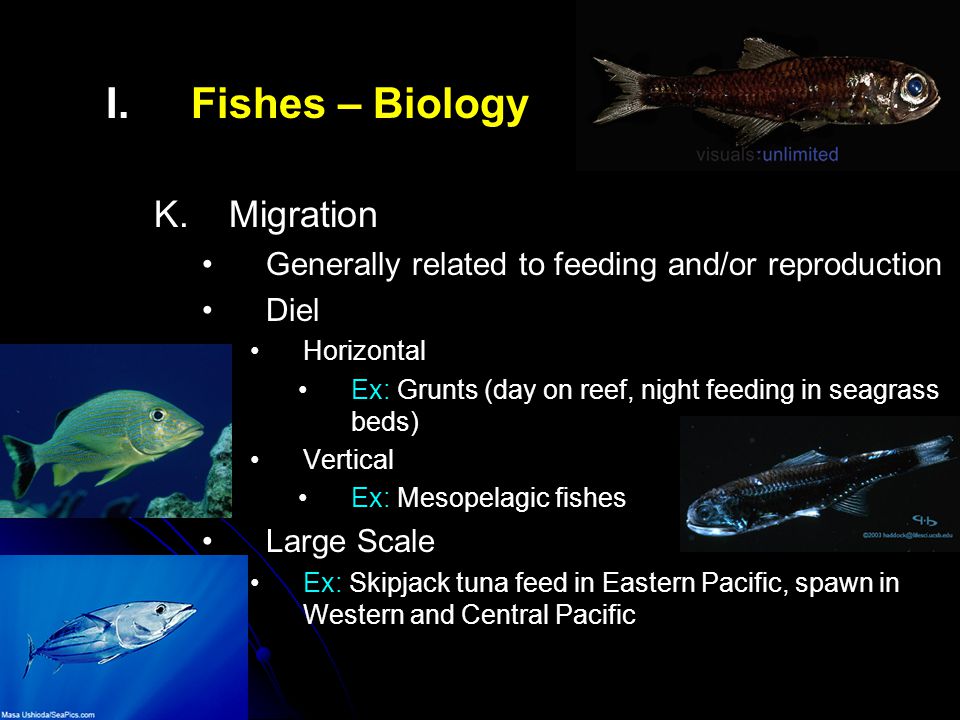 ..especially when tots are laying on their back, which is the safest sleep position. This is the most common cause of noisy breathing in infants and for about 80% of babies, laryngomalacia resolves on its own.
..especially when tots are laying on their back, which is the safest sleep position. This is the most common cause of noisy breathing in infants and for about 80% of babies, laryngomalacia resolves on its own.
Most of the time your squeaking, gurgling, burping snoozer is A-okay! But there are times when baby sleep sounds signal something bigger is going on. Listen up for these noises:
- Fast breathing of over 40 breaths a minute
- Rhythmic grunting during breathing...especially when paired with flared nostrils
- An extra-long exhale sound
- Whistling sound each time your baby breathes out
These scary sleep sounds could indicate that your baby has respiratory syncytial virus (RSV), bronchiolitis, or respiratory distress syndrome. It’s important that you contact your healthcare provider immediately for guidance.
When Typical Baby Grunting and Other Sleep Sounds Keep You AwakeIt’s hard not to tune into every little noise that emerges from your precious new baby! But if every wayward toot and gurgle wakes you from a solid slumber, consider turning on some white noise.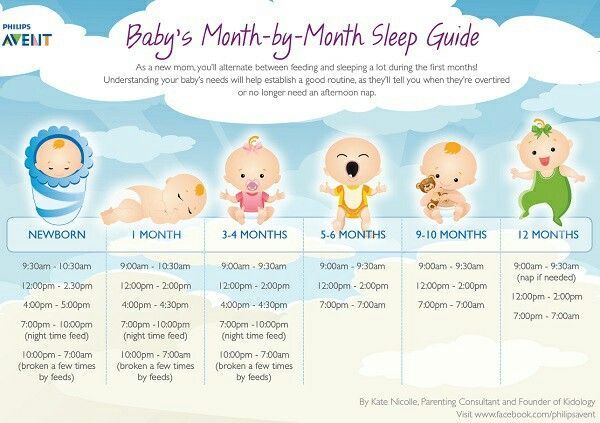 Not only will white noise lull your baby to a calming sleep, but white noise acts as a “blanket of sound” for you, drowning out baby’s sleep sounds. (Don’t worry: You’ll still hear your baby cry.) While it may be tempting to relocate your noisy newborn to their nursery, the American Academy of Pediatrics urges parents to room-share with their little one for at least 6 months. This practice alone can decrease the risk of SIDS by as much as 50%.
Not only will white noise lull your baby to a calming sleep, but white noise acts as a “blanket of sound” for you, drowning out baby’s sleep sounds. (Don’t worry: You’ll still hear your baby cry.) While it may be tempting to relocate your noisy newborn to their nursery, the American Academy of Pediatrics urges parents to room-share with their little one for at least 6 months. This practice alone can decrease the risk of SIDS by as much as 50%.
If you’ve ever shared a bed with a snorer you know that there’s no guarantee that all sleep sounds stop after a certain age! But certain baby noises do tend to quiet after a few months. For instance, a few months in, your baby’s lungs and digestive system start figuring their jobs out, which results in quieter sleep. At the same time, once your nugget reaches 3 to 6 months old, they start spending less sleepytime in active, noisy REM sleep and more time in quieter deep sleep. To help your baby achieve quiet, restful sleep, consider the following:
- Feed your baby in a more upright position, especially before sleep.
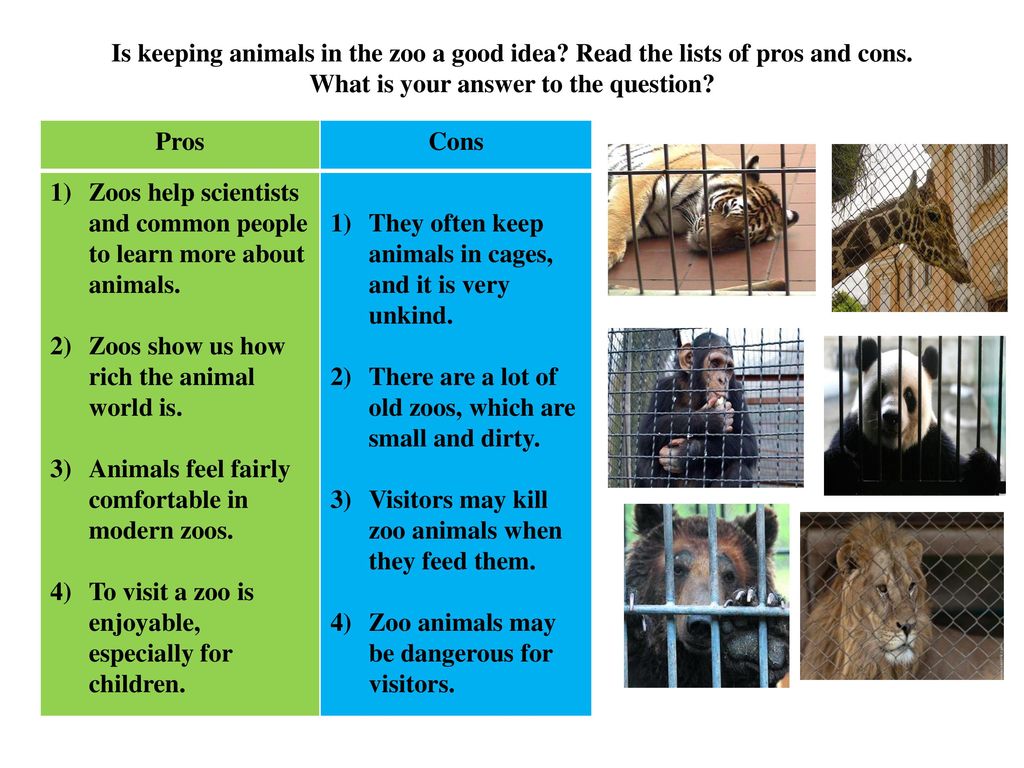
- Burp your baby after feeds, especially before sleep.
- During the day, bicycle Baby’s legs and gently press their knees to their tummy to help reduce bowel-related strain and grunting.
- Offer a dream feed.
- Learn your baby’s sleepytime cues and wake windows.
- Establish a relaxing bedtime routine.
- Use white noise to soothe your baby—and muffle potentially sleep-disturbing sounds. The best white noise machines also mimic womb-sounds, like Dr. Harvey Karp's SNOObie and SNOObear.
For more advice on how to set your baby up for sleep success, check out “The Happiest Baby Guide to Great Sleep."
View more posts tagged, sleep
Have questions about a Happiest Baby product? Our consultants would be happy to help! Connect with us at [email protected].
Disclaimer: The information on our site is NOT medical advice for any specific person or condition.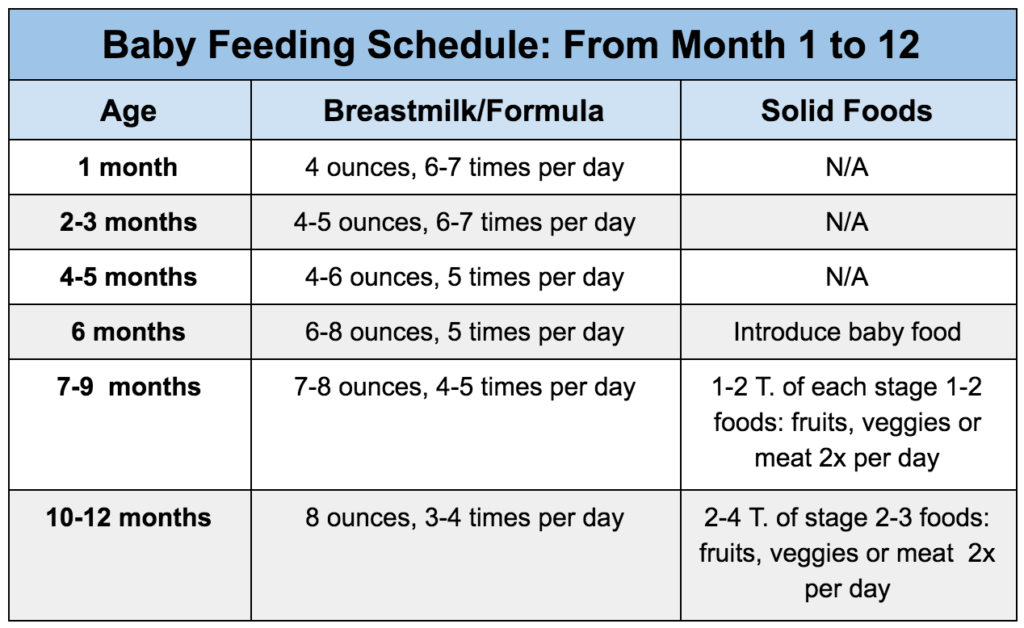 It is only meant as general information. If you have any medical questions and concerns about your child or yourself, please contact your health provider.
It is only meant as general information. If you have any medical questions and concerns about your child or yourself, please contact your health provider.
why this happens and what parents should do
For people who do not have parental experience or education in pediatrics, babies are like space aliens. They look like adults, but they are different. And they make strange sounds. Some may be surprised even when the baby groans.
This is actually one of his ways of communicating. Up to two months, the child adapts to a new world for himself. And what he is not yet able to express in words, he demonstrates by behavior: groans, twitches his arms and legs, pushes, frowns. Grunting can be a sign of character building or active development in a child.
An infant can make such sounds out of pleasure (for example, during feeding), or when something is given to him with effort (for example, raise his head while lying on his stomach, go big). If the baby grunts a lot and often, and his facial expressions indicate that these sounds are not caused by the most pleasant emotions, you should consult a pediatrician (1).
Foreign doctors have a term grunting baby syndrome - "grunting baby syndrome". We call it infantile dyschezia, and it is associated with difficulty in emptying the intestines (2). This is just one of the reasons why a child may grunt. And he may have different reasons to communicate something to the world of adults in this way.
Why does a newborn baby grunt
— If the baby only grunts, breathes normally, eats and sleeps, gains weight and height, then this is normal. So he can simply communicate with his parents or, for example, tell them that he wants to go to the toilet or that a small fold on his clothes interferes with him, - explains pediatrician, neonatologist, anesthetist-resuscitator, blogger, author and expert of the first aid course children Aelita Biryukova . - If parents have good contact with the child, they will always understand exactly how he groans when he wants to eat, and how he groans when, for example, he peed.
If crying is added to grunting, this may indicate that the child is hungry or needs attention, that he has a full diaper, or, for example, that he is hot. That is, in this case, it is not necessary that there is cause for alarm.
That is, in this case, it is not necessary that there is cause for alarm.
But often the baby groans, and even cries when he suffers from colic.
So, the most common causes of grunting in newborns are:
- he communicates like this;
- he has colic;
- child has difficulty breathing due to stuffy nose;
- he has a dream;
- the baby is uncomfortable in his clothes - they are too warm or tight;
- have problems with bowel movements;
- the child is hungry or thirsty.
What to do if a newborn baby grunts
If the baby grunts and strains, but there are no other reasons for concern (constipation or frequent loose stools, constant crying, high fever), it will most likely go away with time. But if the condition of the groaning child is alarming, you should see a doctor.
Colic is a common problem in infants during the first months of life (3). And what to do if this is the reason for the groaning?
- Starting from 2-3 weeks and ending at the age of 3 months, children are actively maturing the gastrointestinal tract. The immaturity of the gastrointestinal tract provokes a slight dysfunction, which may be accompanied by pain in the child's abdomen, explains Aelita Biryukova. Colic is always due to two causes. The first is distension of the intestines with gases. In this case, we see the inflated belly of the baby, he groans and strains under the influence of these gases. The second is spasms: when there is a peristaltic wave through the intestines. This happens often when there are long periods between feedings or when the baby is formula-fed. Therefore, on-demand breastfeeding is the best prevention option (4).
The immaturity of the gastrointestinal tract provokes a slight dysfunction, which may be accompanied by pain in the child's abdomen, explains Aelita Biryukova. Colic is always due to two causes. The first is distension of the intestines with gases. In this case, we see the inflated belly of the baby, he groans and strains under the influence of these gases. The second is spasms: when there is a peristaltic wave through the intestines. This happens often when there are long periods between feedings or when the baby is formula-fed. Therefore, on-demand breastfeeding is the best prevention option (4).
It is not difficult to help a child in both cases, especially since you will certainly find at least one suitable drug in any pharmacy. But remember that the use of any medication should be discussed with the pediatrician beforehand.
– If we are dealing with a spasm, dill water or some herbal preparations will come to the rescue. And excess gas formation is removed with simethicone preparations, says pediatrician Aelita Biryukova. - The mechanism of action is important: the first are given before feeding, and the second during or after.
- The mechanism of action is important: the first are given before feeding, and the second during or after.
Popular Questions and Answers
Although babies grunting is nothing new to doctors, for parents most expecting to hear grunts, these sounds may seem strange. Therefore, a lot of clarifying questions arise. Aelita Biryukova answers them.
Do “grandmother's” remedies help with colic: a warm heating pad on the stomach, stroking, herbal supplements?
Herbal supplements - yes. The main thing is to understand the cause of the pain and choose the right remedy at the right time. And a heating pad, a warm diaper, mother's breasts are, of course, one of the most ancient means of combating colic in a baby.
When is groaning a sign of danger to life and health?
If groaning or other sounds are accompanied by a change in the color of the skin: when the child turns pale or blue. And this is not about the nasolabial triangle - such a phenomenon can be in children with an immature nervous system. If we see a pronounced pallor or cyanosis, most likely, a critical situation is already taking place, it is urgent to call an ambulance.
If we see a pronounced pallor or cyanosis, most likely, a critical situation is already taking place, it is urgent to call an ambulance.
There is also such a thing as "groaning breath" - when the child, on exhalation, seems to moan or howl or breathe with a whistle. In this case, there may be retraction of the intercostal spaces, jugular notch, hypochondrium or xiphoid process. Or flaring of the wings of the nose. This situation indicates respiratory failure, and in this case, you need to urgently call an ambulance.
In general, if parents have internal anxiety in the absence of obvious reasons for anxiety, this is a reason to consult a doctor. Most often, some little things that disturb adults can prompt an experienced doctor to seriously think about conducting some examinations in order to identify diseases.
And if a newborn baby not only groans, but makes some unusual sounds, should he run to the doctor?
Parents are often frightened by such sounds.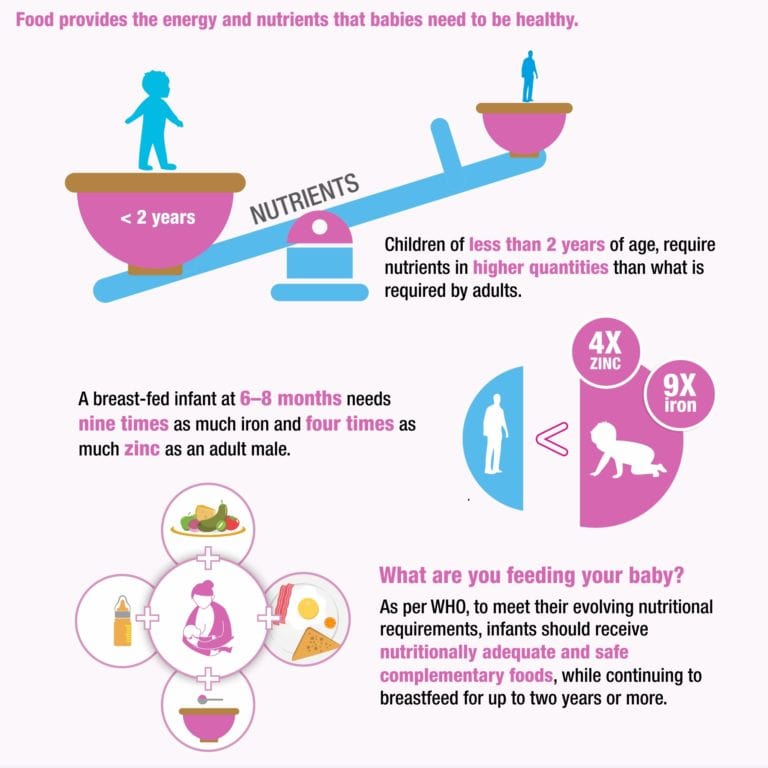 For example, when a child loudly draws in air. In fact, this is not always a reason to see a doctor. When the baby accidentally makes some new sound that he remembers, he begins to repeat it. This is a training of the articulatory apparatus, sound production, and there is nothing wrong with that.
For example, when a child loudly draws in air. In fact, this is not always a reason to see a doctor. When the baby accidentally makes some new sound that he remembers, he begins to repeat it. This is a training of the articulatory apparatus, sound production, and there is nothing wrong with that.
Sources
- Neonatal reflexes and examination of newborns by a pediatric neurologist. V. M. Studenikin // Medical scientific and practical portal "Attending Doctor". URL: https://www.lvrach.ru/2020/01/15437473
- Constant grunting breathing after birth. G. M. Rocha et al. // National Center for Biotechnology Information. 2018. URL: https://pubmed.ncbi.nlm.nih.gov/27607482/
- Cry and restlessness of the child in the first months of life. Intestinal colic in infants - approaches to therapy. E.S. Keshishyan // Pediatric practice. 2014. URL: https://medi.ru/info/8589/
- Constipation in children of the first year of life in the structure of functional disorders of the gastrointestinal tract.
 Basic approaches to treatment. A. I. Khavkin, O. N. Komarova // Russian Medical Journal. URL: https://www.rmj.ru/articles/obshchie-stati/Zapory_u_detey_pervogo_goda_ghizni_v_strukture_funkcionalynyh_narusheniy_GhKT_Osnovnye_podhody_k_lecheniyu/
Basic approaches to treatment. A. I. Khavkin, O. N. Komarova // Russian Medical Journal. URL: https://www.rmj.ru/articles/obshchie-stati/Zapory_u_detey_pervogo_goda_ghizni_v_strukture_funkcionalynyh_narusheniy_GhKT_Osnovnye_podhody_k_lecheniyu/
Child groans | Nutrilak
Kuznetsova Anna
Published: 01/16/2023
Reading time: 7 minutes
1484
This looks funny and disturbing at the same time. The baby suddenly begins to frown and make sounds that are more suitable for an adult with constipation in the toilet than for such an angel in the cradle. So why does a newborn baby grunt? Is this related to his digestion and does he need any help at this time, including medical?
Why the child groans
For parents, a newborn is almost an alien who gives incomprehensible signals and knows almost nothing of what people can do. But even for a baby, birth is akin to landing on a foreign planet. Where is his cramped cozy house? Why is the environment changing all the time? How to explain what you want and what worries you?
But even for a baby, birth is akin to landing on a foreign planet. Where is his cramped cozy house? Why is the environment changing all the time? How to explain what you want and what worries you?
There are not so many ways for a baby to communicate. This is mainly crying, at the age of 3-4 weeks - a smile, and a rather limited number of sounds available for reproduction by an infant, including grunting.
Grunting is thus a way of communicating one's condition. Sometimes it's "I want to go to the bathroom", sometimes "I have a stomach ache", sometimes "it's time for a diaper change" and so on.
Over time, mother gains experience and, by the shades of grunting that she understands, she determines what exactly is behind it.
Newborn baby groans. Should I be worried?
The newborn makes many strange sounds. It is possible to distinguish harmless from disturbing by the general condition. If the baby breathes freely, does not refuse the breast or bottle of formula, regularly pees and soils diapers, there is most likely no reason to worry.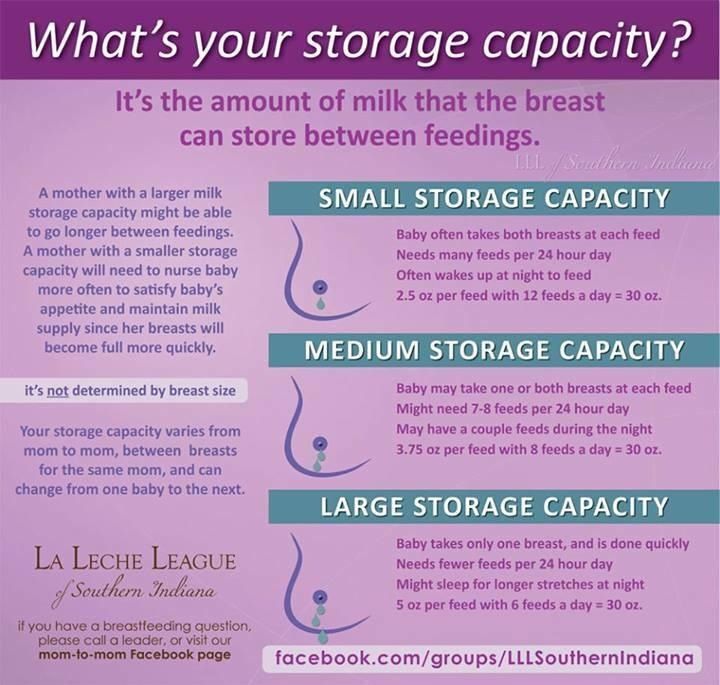
You need to sound the alarm if, against the background of groaning, the child suddenly turns pale or blue, draws in air with a whistle - in this case, immediately call an ambulance.
If a child groans with displeasure for a while and then starts crying, it is likely that he is experiencing some kind of discomfort. Check if the diaper is full, if there are pressure bands, clothing details, if the baby is cold or, conversely, if it is hot. Maybe the baby is hungry and thus begins to show impatience, or maybe he just got bored and calms down if he is picked up.
Child groans for a month
In a month, colic can be added to the causes of groaning in a child - they start at 2-3 weeks of a baby's life and subside closer to 3 months. As a rule, periods of anxiety are repeated in the evening. Groaning can signal the imminent onset of another bout of crying. You can give the baby the medicine prescribed by the doctor, apply a warm diaper to the tummy, and do a light massage.
If the child groans and sniffs in displeasure, check the nasal passages for clogged crusts and mucus, clean them if necessary.
Sometimes the baby's groaning is caused by gases accumulated in the intestines. If the child groans and farts, also massage his tummy, do the “bike” exercise, alternately bending the baby’s legs at the knees and pressing them to the stomach.
Baby grunts in sleep
If a newborn baby grunts at night in his sleep, these sounds can help the natural bowel movements.
Unlike an adult, in the first year of life, the baby does not yet control his urges, and in his sleep his digestion goes on as usual. Pisses and poops baby without waking up.
Also, during sleep, the baby may grunt because of a wet diaper or an uncomfortable position. If you react in time and carefully eliminate the discomfort, the baby will continue to sleep, and groaning will not turn into crying.
The child constantly pushes and grunts. What to do?
If the baby grunts and strains, the first thought of the parents will be that the baby is constipated, that he cannot poop. But at the same time, the child's stool can be regular and soft, that is, uncharacteristic of constipation.
But at the same time, the child's stool can be regular and soft, that is, uncharacteristic of constipation.
The fact is that the work of the muscular system of the newborn is not yet coordinated. To have a bowel movement, he needs to contract his abdominal muscles and relax his pelvic floor muscles at the same time, which is not easy. The kid makes excessive efforts for elementary action. This phenomenon has even been called "groaning baby syndrome", or "infant dyschezia". It does not require treatment and disappears by two to three months.
But if the child is pushing and groaning against the background of constipation, he needs help. Constipation should be diagnosed by a doctor. Contact him if you cannot independently understand whether everything is in order with the child's chair.
If the baby is constantly pushing and groaning, while he has no appetite, weight gain has stopped, his mood has changed - the baby began to cry more or, on the contrary, became lethargic and drowsy - be sure to consult a doctor. In rare cases, grunting can be a symptom of a neurological problem or a pathology in the digestive system.
In rare cases, grunting can be a symptom of a neurological problem or a pathology in the digestive system.
Conclusions:
- The child groans because this is one of the few ways of communication available to him.
- If the newborn groans, but eats well, sleeps and empties the intestines regularly, you should not worry.
- In a month, the baby may grunt due to colic, nasal congestion or gas in the intestines.
- Groaning during sleep is usually normal. Digestive processes continue even when the baby is sleeping.
- If the child constantly pushes and grunts, this may indicate both infantile dyschezia, which does not require treatment, and constipation. A doctor will help to distinguish one condition from another.
Author of article
Anna Kuznetsova
Diploma in Surgery and Transfusiology
About the author
Share on Vkontakte Share on Odnoklassniki
Contents of the article
- Why does the child grunt
- A newborn baby groans.


